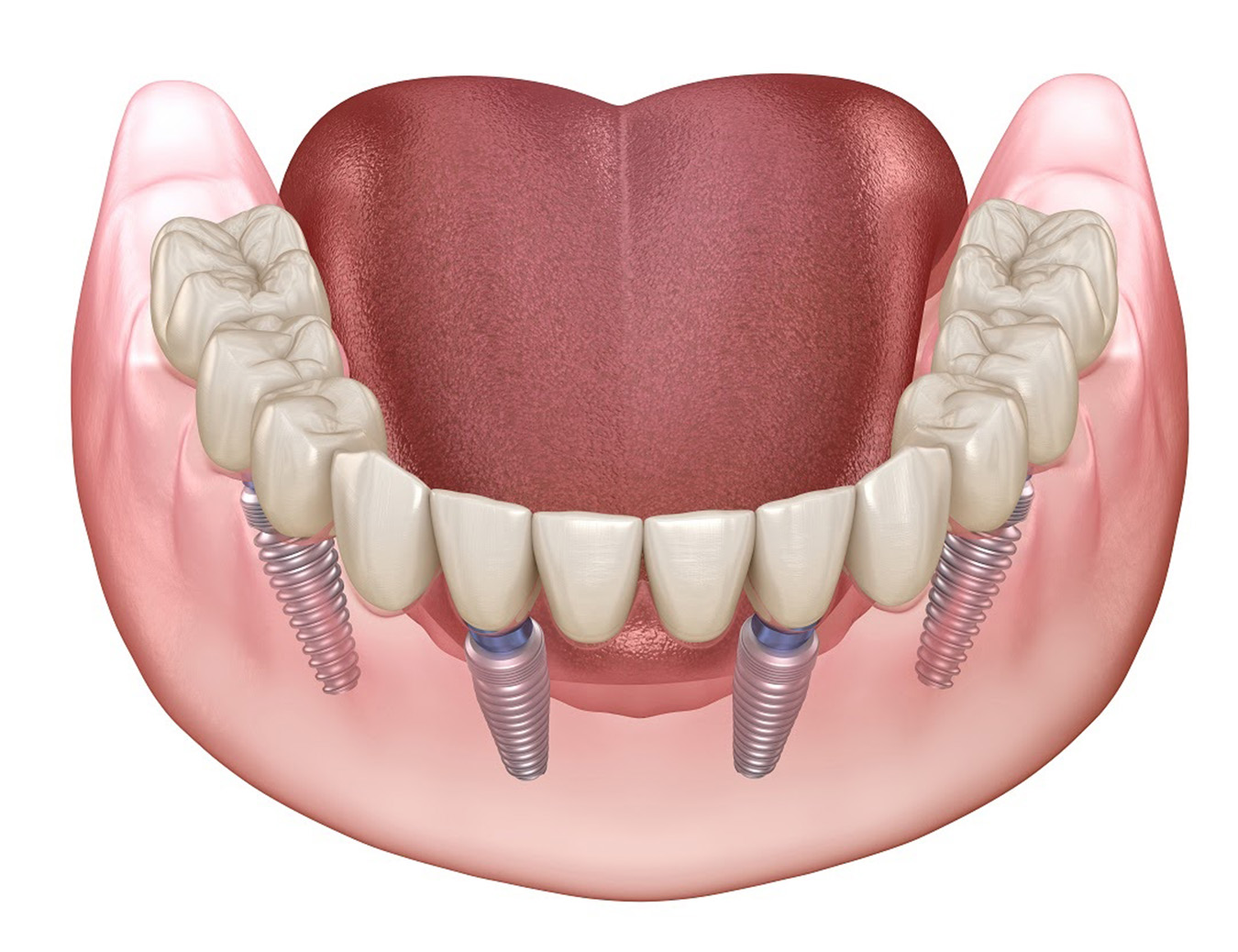
You wake up each day with discomfort that never fully goes away, only shifts places
Chewing takes effort. Smiling feels unnatural. Your jaw tightens by afternoon. The pain isn’t sharp—it’s stubborn. You ignore it because it’s not dramatic. But slowly, it shapes your daily life. Full mouth rehabilitation isn’t a cosmetic fix. It’s functional restoration. It rebuilds what time, trauma, or decay has disrupted. It’s not one procedure—it’s a roadmap. Tailored. Long. But transformative.
Eating becomes negotiation—not hunger and satisfaction, but angles, pressure, and avoidance
You avoid nuts. You chew on one side. Cold drinks sting. You skip steak, apples, popcorn. Not because you don’t want them—because your teeth can’t handle them. Full mouth rehab returns balance. With new crowns, implants, bridges or alignments, your bite can finally work the way it was designed to. Eating becomes intuitive again, not a strategy game.
When teeth don’t align, the jaw compensates—and over time, that compensation costs more than you realize
One tooth shifts. The opposite one reacts. The jaw twists slightly. Muscles adjust. Years pass. Now, the neck hurts. Migraines appear. Clicking sounds start. Full mouth rehab studies all of this. Dentists observe your bite motion. Your resting posture. They fix not just the teeth, but the relationship between them. Relief follows—not just in your mouth, but across your head, neck, and shoulders.
Multiple dental visits without lasting relief often point to a deeper, unaddressed structural issue
You’ve done fillings. Cleanings. Root canals. But the pain returns. The cracks keep forming. That’s not neglect—it’s a system out of sync. Full mouth rehab addresses the structure behind the symptoms. Instead of chasing one tooth at a time, it treats the whole map. And sometimes, the fix isn’t new—it’s realignment of the existing.
You carry discomfort not just physically, but socially—it changes how you speak, laugh, and show joy
You avoid photos. You cover your mouth when you laugh. You rehearse words that sound safe. You’re not being dramatic. You’re adapting. Dental breakdown isn’t just medical. It’s personal. Full mouth rehabilitation gives back more than function. It gives comfort. Presence. Confidence. Even people who didn’t realize they were holding back… let go.
Missing teeth lead to more than cosmetic gaps—they change bone structure, bite force, and digestion
A missing tooth doesn’t stay silent. It makes others shift. Bone resorbs. Food breaks down poorly. You chew harder. Swallow faster. Stomach works more. Full mouth rehab can include implants that preserve bone, distribute bite pressure, and restore chewing efficiency. Not just for looks—but for how your whole system digests, moves, and feels.
Long-term dental issues often mask larger health signals—rehabilitation helps uncover what’s been missed
Worn enamel can signal reflux. Gum recession might link to autoimmune issues. Jaw clenching hints at stress or apnea. During a full rehab, nothing is isolated. Your dentist looks at patterns. Wear. Erosion. Discoloration. They may refer you to other specialists—not because something’s wrong, but because they’re finally seeing the bigger picture.
Many people normalize discomfort until they finally remember what ease actually feels like again
You didn’t notice you were adapting. You got used to it. Slow chewing. Soft food. Half smiles. After rehabilitation, the contrast is startling. You bite into toast without hesitation. You wake up without jaw ache. You laugh freely. This is what normal should have felt like. And now it does.
Rehabilitation is designed around your unique anatomy—not a template, not a guess
Scans show your jaw slope. Photos show smile symmetry. Models track bite rhythm. Nothing is rushed. Every phase is custom. Whether you need veneers, crowns, implants, or aligners—the design fits your structure. Your history. Your future needs. It’s dentistry, but also architecture.
It’s not about perfection—it’s about reclaiming peace between your mouth and your everyday life
No one expects Hollywood teeth. Most patients want peace. No more flinching. No more adjusting. Just the ability to live, eat, speak, and smile without interruption. Full mouth rehab gives you that. Not instantly. Not easily. But fully.
